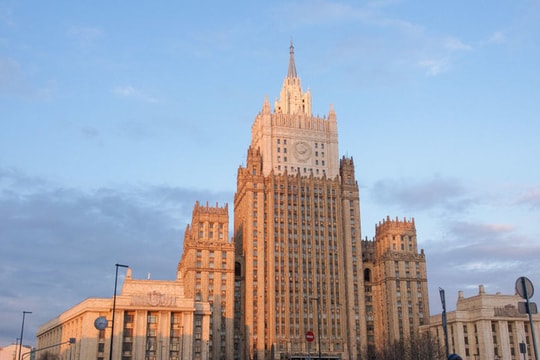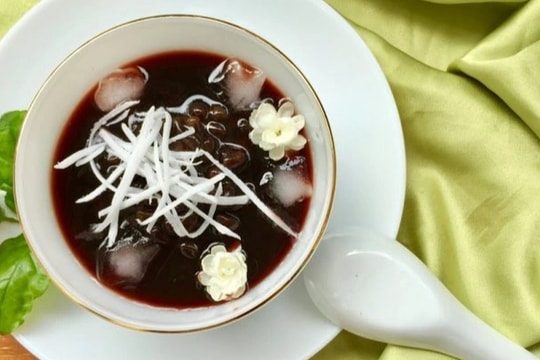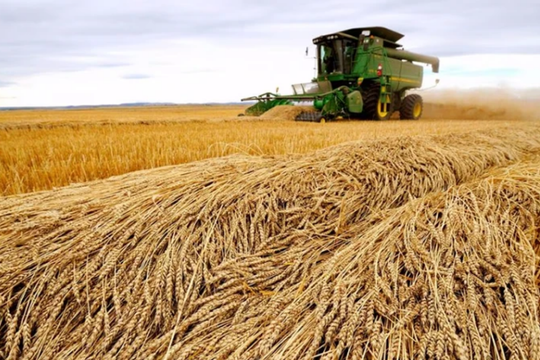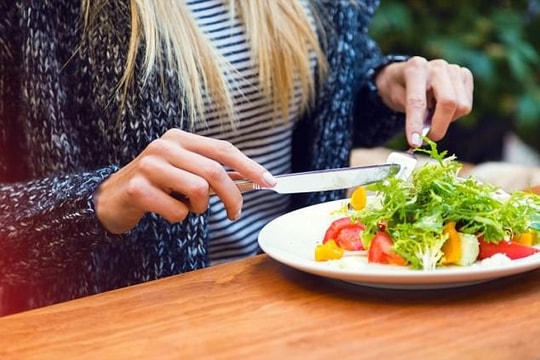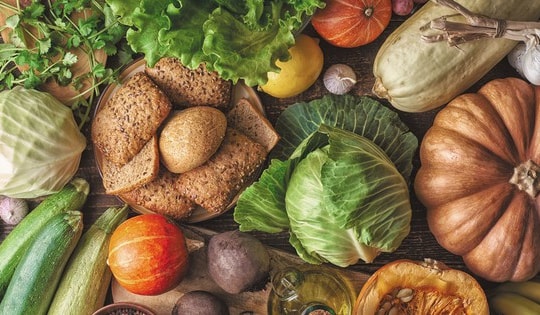How to keep vitamin B1 in food
Vitamin B1 plays a very important role in the metabolism of starch and sugar (Glucid). Vitamin B1 is needed for the synthesis of acids related to the genetic process. If vitamin B1 deficiency can occur when the diet is poor, low in animal foods (meat, fish, eggs...) or due to some abnormalities in the digestive system, it can lead to beriberi. Therefore, it is necessary to supplement foods rich in vitamin B1 every day.
Food sources rich in vitamin B1 are whole grains. However, B vitamins in general and vitamin B1 in particular are abundant in the outer layer right next to the rice grain. Therefore, milling cereals (rice, noodles) too thoroughly will cause a large loss of vitamin B1. Every 100g of pounded rice has 0.12mg of vitamin B1; 100g of medium-milled rice has 0.1mg of vitamin B1 and if the rice is milled thoroughly until it is very white, there is only 0.02mg of vitamin B1 left.
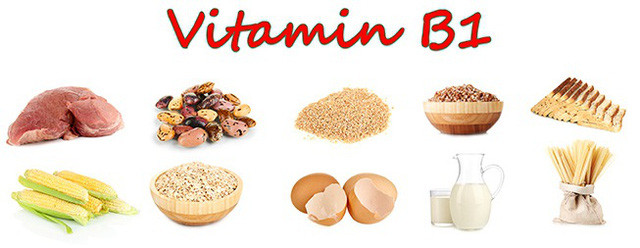 |
| It is necessary to supplement foods rich in vitamin B1 in daily meals. |
In addition, when processing, do not wash the rice too thoroughly because it will lose the bran layer containing a lot of vitamin B1. When cooking rice, only add enough water, do not add too much so that you have to drain the rice water, which will lose vitamin B1 (up to 60% can be lost). For rural mountainous areas, cooking rice with a wood stove requires boiling water before adding rice to cook. Do not add rice when the water is still cold because when the water suddenly boils, the outer layer of the rice grain will cook quickly, creating a layer of glue that keeps vitamin B1 from dissolving in the water and decomposing.
Meat, beans, fish, eggs... are also rich in vitamin B1. Some freshwater fish, saltwater fish, shellfish (shrimp, crab, mussels, clams...) contain thiaminase enzyme which breaks down vitamin B1. However, this enzyme is unstable and is destroyed when cooking, it only exists and causes effects when eating large amounts of raw shrimp and fish. According to research, 100g of pork has 0.53mg of vitamin B1, 100g of beef has 0.2mg of vitamin B1, 100g of chicken has 0.15mg of vitamin B1; 100g of eel has 0.15mg of vitamin B1; 100g of chicken egg yolk has 0.32mg of vitamin B1, 100g of duck egg has 0.54mg of vitamin B1; 100g of green beans has 0.72mg of vitamin B1.
Therefore, in mountainous and rural areas due to difficult economic conditions, supplementing vitamin B1 through cereals and green vegetables is extremely important. Therefore, to prevent vitamin B1 deficiency, it is necessary to pay attention when milling and processing rice too thoroughly; in storing rice (avoid moisture and mold) and fresh vegetables such as amaranth, lettuce, green bean sprouts, garlic... beans such as soybeans, green beans, black beans, white beans, peanuts, sesame... Vegetables and fruits rich in vitamin B1 should be stored in the natural environment, immediately after harvest or purchased for immediate use because of their heat-sensitive properties. In addition, the vitamin B1 nutrient content will gradually be lost if stored in the refrigerator for too long./.
According to SK&DS
| RELATED NEWS |
|---|

